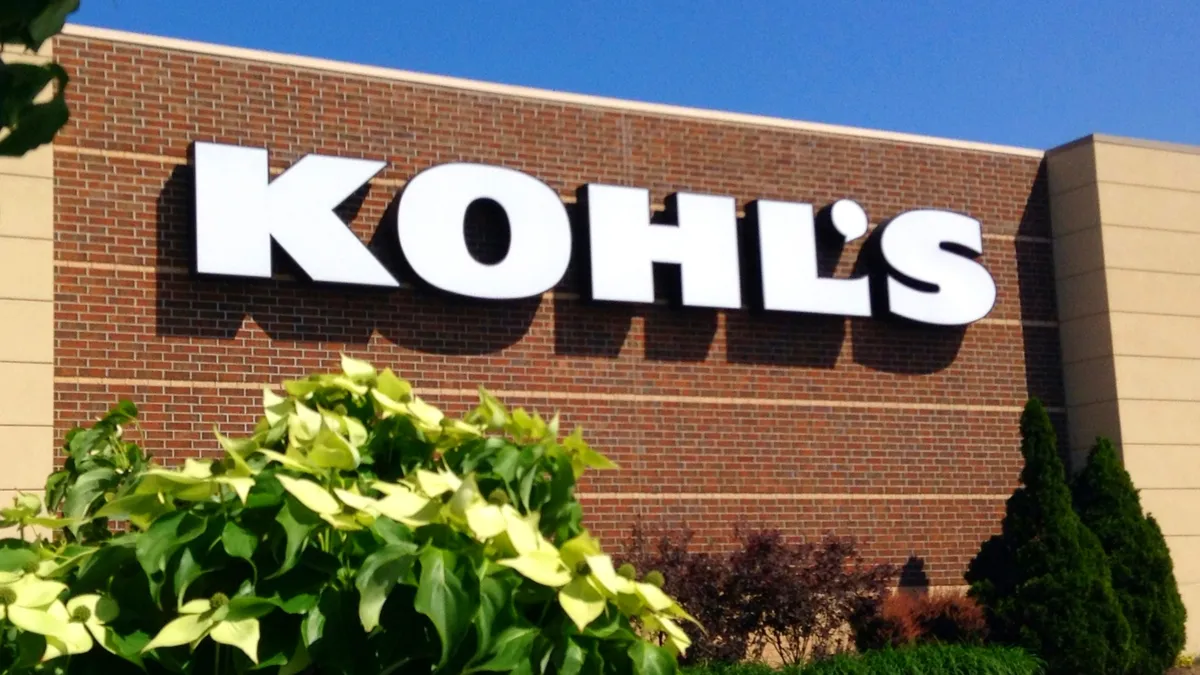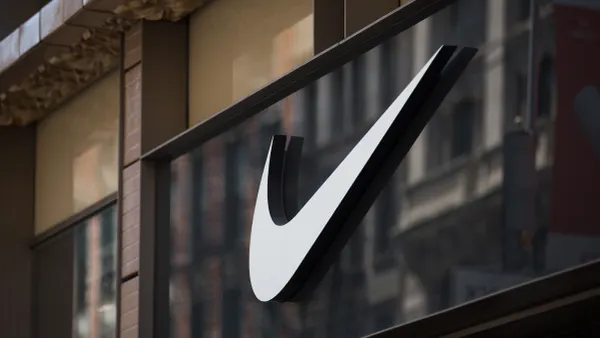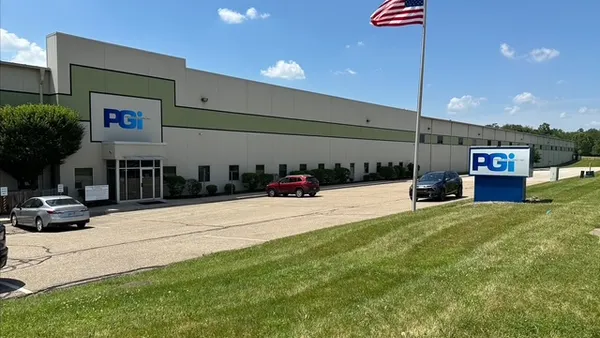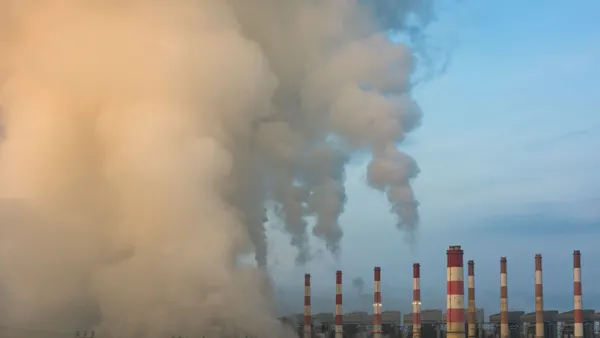Dive Brief:
- Apple, Amazon, Meta, Nike, PepsiCo and REI Co-Op have launched an initiative focused on lowering greenhouse gas emissions by increasing use of clean energy in the supply chain.
- The Clean Energy Procurement Academy aims to “equip companies with the technical readiness to explore and adopt clean energy,” according to a press release.
- The initiative uses educational programs to boost renewable energy investment among companies in the supply chain as well as encourage them to escalate their renewable energy goals and commitments. Plans also call for establishing renewable energy “buying communities” in key manufacturing regions.
Dive Insight:
The Clean Energy Procurement Academy has some big names behind it, who face an even bigger problem: scope 3 emissions.
The greenhouse gas footprints of the tech, retail and CPG industries — the three industries represented by the initiative’s founding organizations — are largely generated in the supply chain. At PepsiCo, for example, 78% of the company’s total emissions stem from agriculture, packaging and third-party transportation under the scope 3 umbrella. For Apple, some 65% of the emissions tied to its products result from third-party manufacturing.
The procurement academy tries to address the issue in part through training programs built on the founding members’ expertise and internal training resources.
“We’re proud to share PepsiCo’s experience and play a role in shaping training and tools to support organizations looking to embed clean energy into their global supply chains,” Roberta Barbieri, VP of global sustainability at PepsiCo, said in a statement.
By banding together and working across industries, the initiative’s members are looking to broaden the push for emissions reduction and help create demand from powerhouse buyers for clean energy in producing regions.
Nike Chief Sustainability Officer Noel Kinder and other executives had pointed to the need prior to the academy’s launch. At a sustainability conference this summer, Kinder said brand collaboration has become more important.
Companies “need to collectively signal” demand, he said, “so that our suppliers can use renewable energy to fuel their operations.”
The procurement academy seeks to advance those ambitions, including through creating the buying communities for clean energy. In last week’s release, Kinder said that the Clean Energy Procurement Academy “is key to breaking down barriers to clean energy adoption, while also helping us demonstrate demand and advocate for clean energy solutions in essential regions.”
Decarbonizing the supply chain will in all likelihood be an expensive and complex undertaking, with no clear answer as to who will finance it. Collaboration, data and support between buyers and suppliers are key to making progress on scope 3 emissions.
The procurement academy — which was launched through the nonprofit Clean Energy Buyers Institute — is one way major buyers are collaborating and applying their own knowledge and resources to help suppliers decarbonize.
Another is the Supplier Leadership on Climate Transition collaborative, which is financed by major buyers and is aimed at helping track, reduce and report their climate emissions. Members of that consortium include PepsiCo, Coca-Cola, McCormick & Co., General Mills, Neiman Marcus and other major brands.















